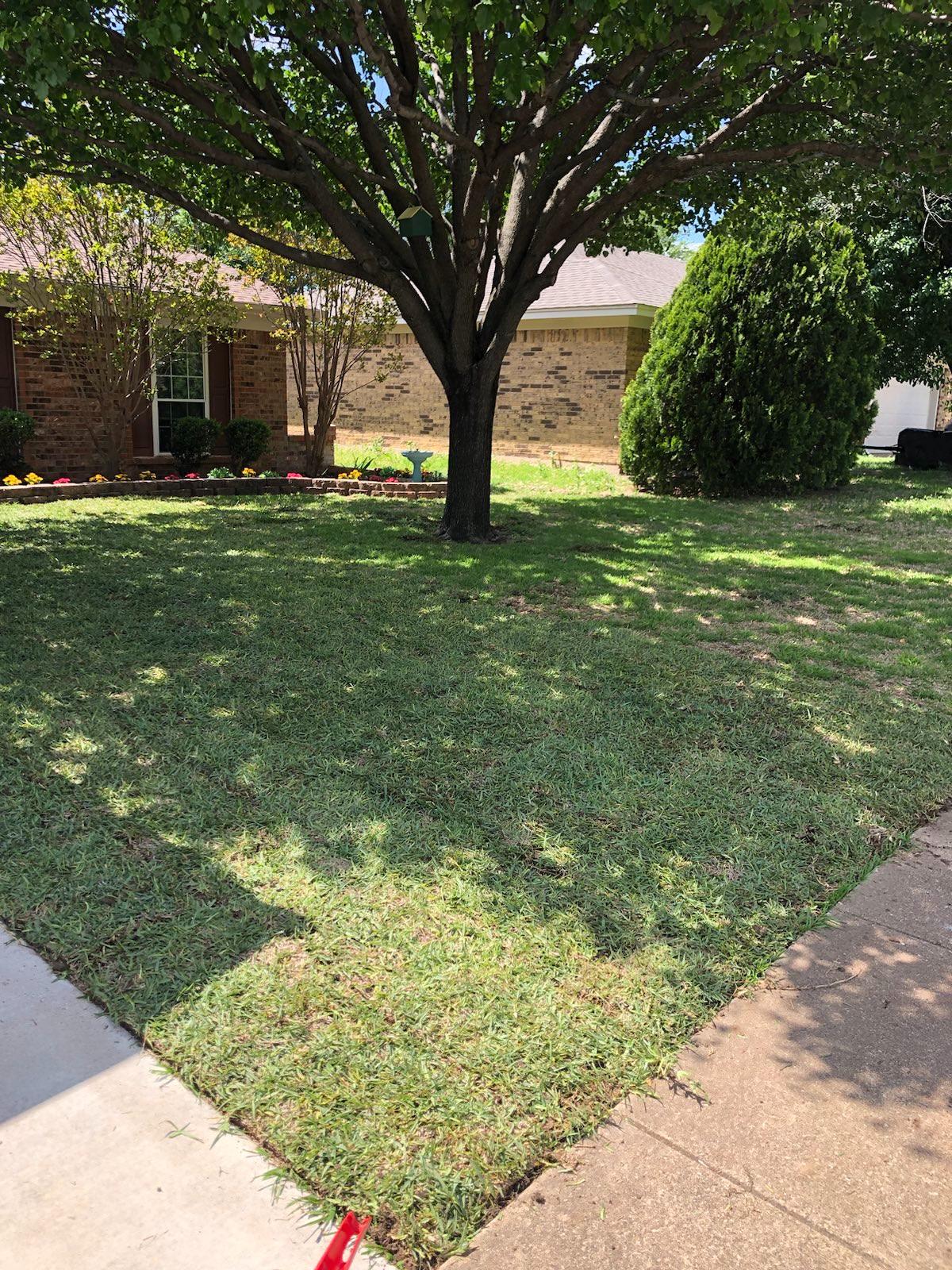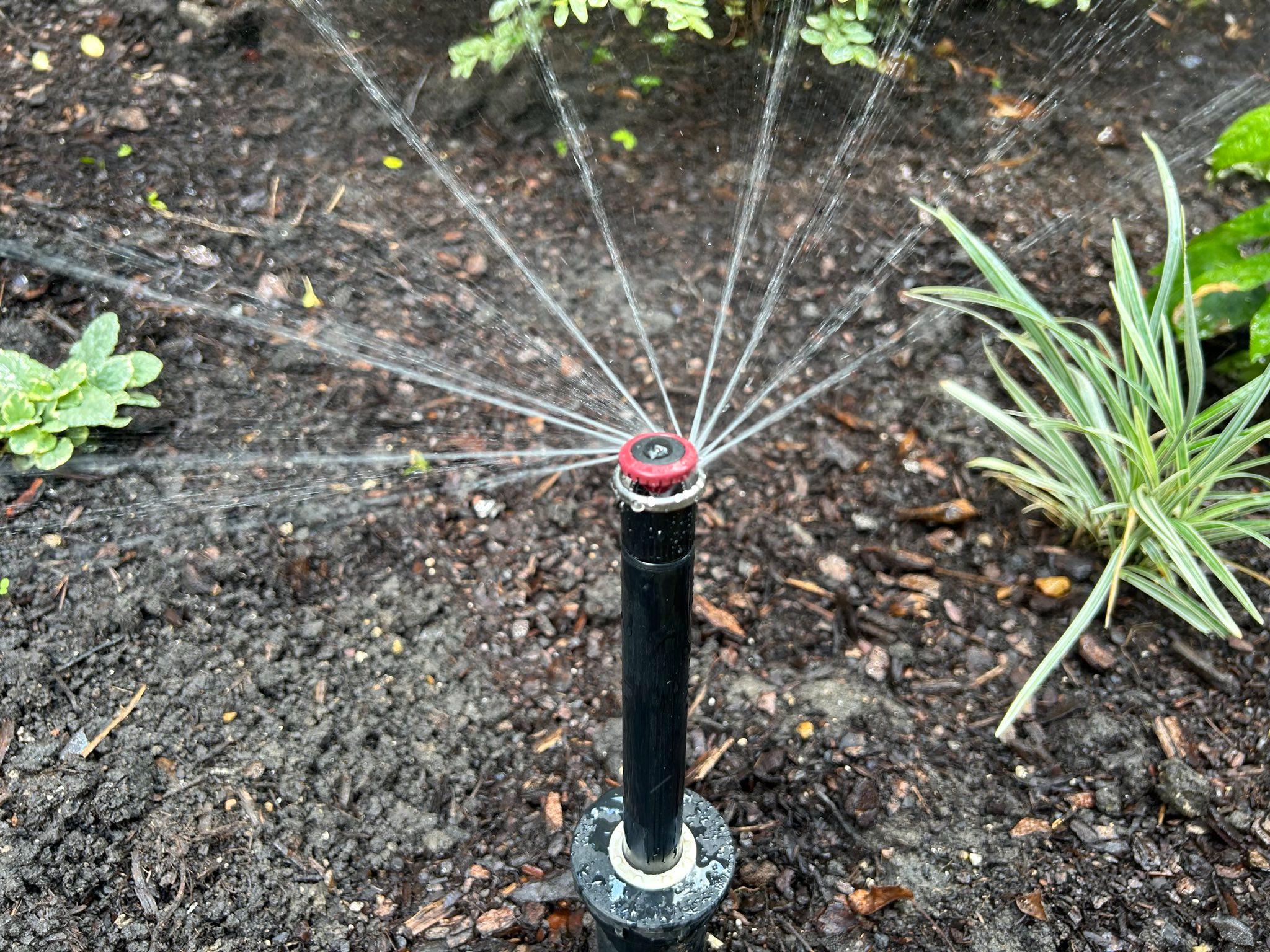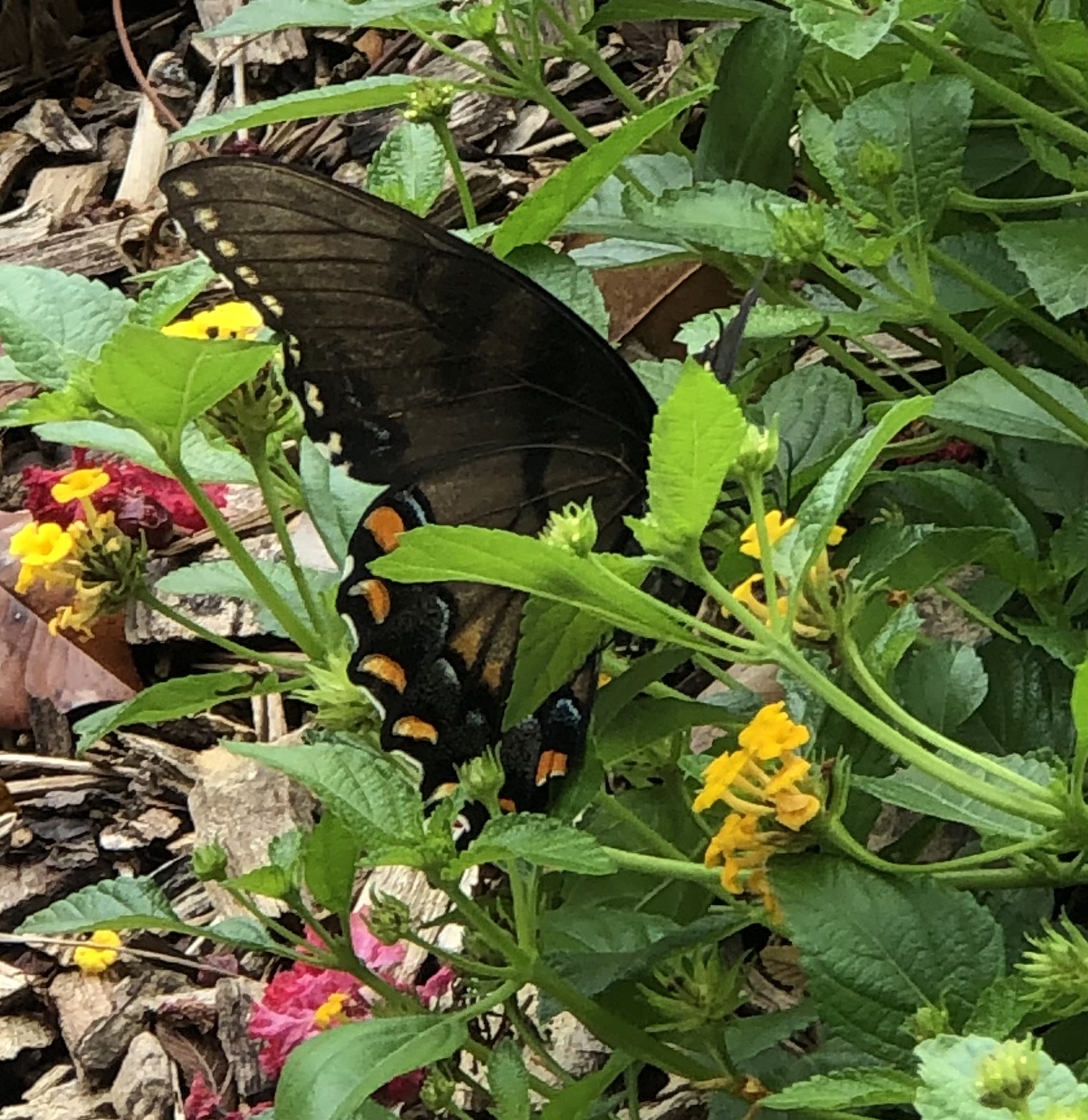 Now, early March, is the time to apply your twice annual pre-emergent weed control, if you choose to use one. This timing is for North Texas – if you live further south (Zone 9 or greater) you will need to apply it earlier, and if north (Zone 7b and lower) apply it later.
Now, early March, is the time to apply your twice annual pre-emergent weed control, if you choose to use one. This timing is for North Texas – if you live further south (Zone 9 or greater) you will need to apply it earlier, and if north (Zone 7b and lower) apply it later.
We at Desiree Gardens don’t really do lawns, and what little lawn space we have is usually dedicated to native wild flowers. But we know this is not for everyone. If you have a wild-scaped lawn like we promote, you DO NOT want to apply pre-emergents and definitely do not apply a broad leaf weed killer.
If however you have a well manicured lawn, you will want to apply your pre-emergent now in the first week of March. This will help control crabgrass, spurge, henbit, and rescuegrass. This should be reapplied in early June, and again in September. We’ll post reminders for those applications.
Other weeds such as clover, dandelion, dallisgrass, nutsedge, and bittercress will need to be controlled with a broad leaf weed killer that is only effective after the weeds have appeared. It is also important to apply a broad leafed weed killer when the daytime temperature is above 70°, rain is not expected for at least 48-hours, and preferably in the morning when there is little to no wind. Always remember that broad leafed weed killers are indiscriminate and if blown onto your garden beds will damage or kill plants there as if they were weeds.
Need help with your irrigation or sprinkler system? Does your garden need an overhaul or just a general checkup? Maybe you just need a helping hand to protect sensitive plants from freeze and frost. Give us a call at 817-202-4808, or drop us a line and contact us here, to find out how Desiree can help you create a wonderful garden with a budget you can afford.
Like what you’re reading? Get information like this delivered straight to your email inbox by signing up here. We will never sell your information, and you can unsubscribe at any time.






